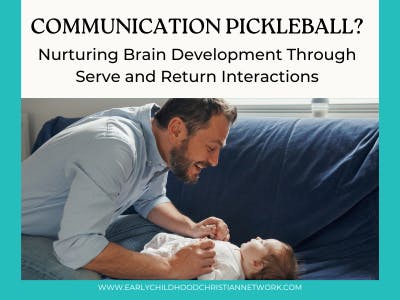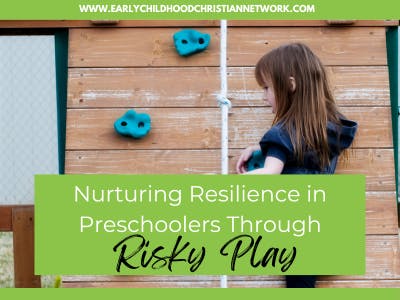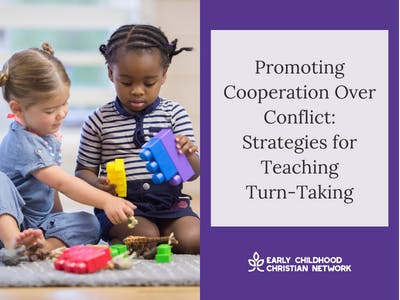School Readiness: Fostering a Love of Learning and Discovery
|
Hey Reader! In a recent podcast interview with Stacy Benge, we had a great conversation around the focus on school readiness for parents, legislators and even many early childhood teachers. Listen HERE for the full conversation. I want to share briefly about one comment she made at the very beginning of the episode that just keeps rolling around in my mind. “If we change our mindset from asking ‘What do I need to teach children to get ready?’, but instead ask ‘What needs to be developed for them to be successful?’” Think about that…what are the skills that need to be in place for children to eventually be able to read, write, do math, etc? Sure, children need to start recognizing letters, but just being able to label a set of marks on a piece of paper as an “M” does not mean a child has any connection to the fact that the “M” is the first letter in the name “Monica” or “Mommy”. Stacy says “This skill is necessary, but not sufficient on it’s own.” I think we’d all agree that being able to label a letter doesn’t mean the child has attached any real meaning to that letter at all. So what do we do? I’ll just give you three easy tips today:
Final word of encouragement…it’s not all on YOU to ensure children are ready for elementary school. Children actually learn all day, everyday. Every experience is part of developing their physical, social-emotional, and cognitive skills. Remind yourself that God has made their little brains and bodies to absorb every experience in these early years. Our goal is to prepare these young children for LIFE, not just school. Keep reading to them. Keep documenting their stories. Keep singing with them. Keep talking with them. Keep giving them the time and freedom to play and explore and discover the wonderful world the Lord has placed them in. YOU are an important part of their development – not because you can make a group of children quietly sit in a circle, but because you can connect to their hearts and foster a love of learning and discovery that will last a lifetime! Enjoy your time with them (rather than feeling pressure) and watch their learning explode!
Cheering you on this week! -Your ECCN team
Colossians 3:16 “Let the message of Christ dwell among you richly as you teach and admonish one another with all wisdom through psalms, hymns, and songs from the Spirit, singing to God with gratitude in your hearts.” |





